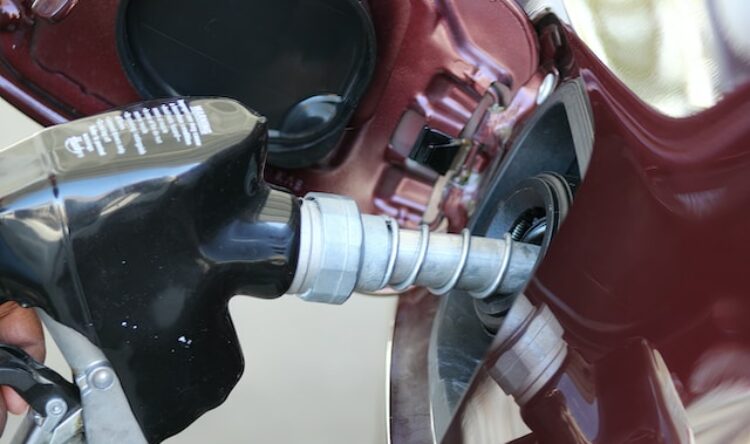Is it a fair market?
China investigated over its increasing sales of EVs across Europe
The EU is investigating the influx of cheap Chinese made electric vehicles.
It comes as the popularity of Chinese made EVs Electric Vehicles) continues to rise, and there are concerns that they will gains a fundamental portion of the growing market across Europe.
Equal playing field
European Commission president Ursula von der Leyen launched an anti-subsidy investigation. against Chinese imports of electric vehicles (EVs) yesterday (Wednesday, September 13).
It comes as the Commission fears that, without countermeasures, Chinese companies will gain a stranglehold on EV markets. This will undoubtedly have a negative ffect on home grown manufacturers, and economies. It will also make the continent increasingly reliant on the Chinese market.
At present, Chinese EVs still represent only a small share of the bloc’s market. However, it could hit 15% within two years.
The Commission’s investigation, which will be conducted by its trade department. This will need to prove that China is subsidising companies exporting EVs to the EU.
“Global markets are now flooded with cheaper Chinese electric cars and their price is kept artificially low by huge state subsidies,” said von der Leyen. “This is distorting our market.”
State support
Economically, China’s economy has hit a downturn over the last year Worries over its economic growth viability have been widespread after years of record growth.
But within the one party state system, state intervention and support is commonplace, helping make products highly competitive in the word market. It is a huge draw for international companies too to have factories and manufacturing there.
However, over reliance and, dependancy, on China has become an increasing worry amongst western commentators and politicians. This is especially so considering it’s ‘aggressive’ policies towards Taiwan and support for Russia in it war with Ukraine.
Unfair
China has attacked the anti-subsidies investigation into China’s electric car industry. It has labelled it a “naked protectionist act” and warned that it will have a negative impact on relations.
China’s commerce ministry vowed to protect the “legitimate rights” of its companies. The EU was also reminded of the strong presence and long history of European producers in the world’s second-largest economy.
“It is a naked protectionist act that will seriously disrupt and distort the global automotive industry supply chain,” said the official statement. “It will have a negative impact on China-EU economic and trade relations”.
Healthy competition
Transport and Environment (T&E) claims that European manufacturers can compete with the Chinese influx of small B-segment EVs.
It says European manufacturers can sell small electric cars for €25,000 (£21,500) while making a profit.
Falling production costs and battery prices make this increasingly realistic for the B-segment. by 2025. These are the conclusions of the study by T&E based on analysis by the Syndex consultancy.
More affordable EVs could be a game changer for mass adoption of electric cars, it says. This is crucial if European carmakers are to hold off the challenge of Chinese companies .
European manufacturers could make a 4% profit margin on a small battery electric vehicles by 2025.
This is if battery costs fall to $100 per kWh, in line with forecasts by BloombergNEF and others.
The report factors in other direct cost reductions according to industry forecasts.
Julia Poliscanova, senior director for vehicles and emobility supply chains at T&E, said: “Survey after survey has shown prices are one of the biggest barriers to drivers going electric. The €25k small BEV will be a game changer for public adoption of electric cars.
“Bringing those models to market quickly and in volumes is crucial,” she says. “Chinese rivals are already offering cheap, small electric cars here.”
The electric wave
New small electric cars would hasten the uptake of zero-emission cars in Europe, a new survey shows.
One-quarter (25%) of new car buyers already intend to buy an electric car in the next year. The YouGov poll surveyed France, Germany, Italy, Spain, Poland and the UK.
But when given the option of a small €25,000 electric car, the share of new car buyers willing to buy a battery electric model increases to 35%. This would equate to an additional 1 million EVs being sold in Europe annually, replacing combustion equivalents.







